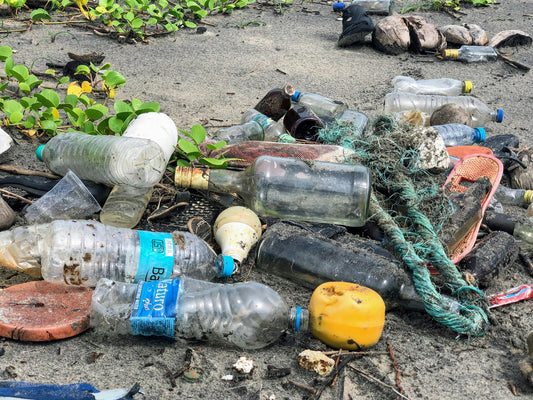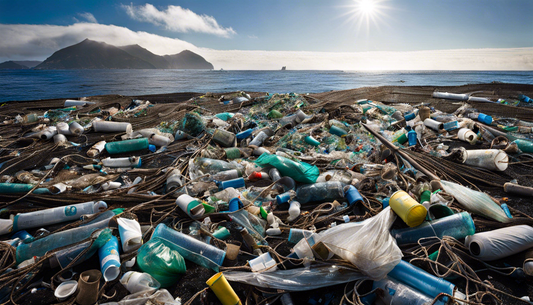Share
**Water Firms in England 'Passed' Pollution Tests Never Carried Out Under Self-Monitoring Regime** Water firms in England have been found to have "passed" numerous pollution assessments under a self-regulated framework, despite many of these tests never being performed. The self-monitoring regime, introduced in 2009, allows water companies to collect samples for laboratory analysis, which are then used to determine compliance with environmental standards. :
Self-Monitoring Loophole:
Water companies have been allowed to self-monitor for pollution incidents, which has led to a loophole where tests were not always conducted as required.
No-Flow Instances:
Analysis of operational records revealed that effluent discharges had ceased on days designated for sampling, leading to instances where no samples were obtained.
Regulatory Compliance:
Inspectors could not verify whether companies were discharging excessive pollutants into waterways, as regulations permitted 'no-flow' occurrences to be logged as compliant.
Southern Water Scandal:
Southern Water was found to have intentionally altered effluent discharge to evade detection of pollution. Following scrutiny, the number of reported no-flow instances significantly decreased.
Calls for Reform:
Advocacy groups argue that water companies should not be allowed to evaluate their own performance and call for a complete overhaul of the existing system, including the implementation of continuous automated monitoring.
Regulatory Response:
The Environment Agency announced plans to amend its regulations to close loopholes, with new measures set to be implemented in early 2025. An independent commission will review the water sector and its regulations, potentially leading to significant reforms or the dissolution of the water regulator, Ofwat.
Manipulation Allegations:
Water companies have been accused of manipulating the self-monitoring process, with some facilities logging no-flows despite prior tests indicating potential violations of environmental permit conditions.
Company Defenses:
Water companies argue that there are legitimate explanations for no-flow occurrences, such as blockages, power outages, or scheduled maintenance, and maintain that stringent safeguards are in place to prevent manipulation of the self-monitoring process. The Guardian's investigation highlights the need for a more robust and transparent system to ensure environmental compliance in the water sector.
Self-Monitoring Loophole:
Water companies have been allowed to self-monitor for pollution incidents, which has led to a loophole where tests were not always conducted as required.
No-Flow Instances:
Analysis of operational records revealed that effluent discharges had ceased on days designated for sampling, leading to instances where no samples were obtained.
Regulatory Compliance:
Inspectors could not verify whether companies were discharging excessive pollutants into waterways, as regulations permitted 'no-flow' occurrences to be logged as compliant.
Southern Water Scandal:
Southern Water was found to have intentionally altered effluent discharge to evade detection of pollution. Following scrutiny, the number of reported no-flow instances significantly decreased.
Calls for Reform:
Advocacy groups argue that water companies should not be allowed to evaluate their own performance and call for a complete overhaul of the existing system, including the implementation of continuous automated monitoring.
Regulatory Response:
The Environment Agency announced plans to amend its regulations to close loopholes, with new measures set to be implemented in early 2025. An independent commission will review the water sector and its regulations, potentially leading to significant reforms or the dissolution of the water regulator, Ofwat.
Manipulation Allegations:
Water companies have been accused of manipulating the self-monitoring process, with some facilities logging no-flows despite prior tests indicating potential violations of environmental permit conditions.
Company Defenses:
Water companies argue that there are legitimate explanations for no-flow occurrences, such as blockages, power outages, or scheduled maintenance, and maintain that stringent safeguards are in place to prevent manipulation of the self-monitoring process. The Guardian's investigation highlights the need for a more robust and transparent system to ensure environmental compliance in the water sector.
We hope you enjoyed this article. Please feel free to leave a comment below if you want to engage in the discussion.
If you want to read more like this, make sure to check out our Blog and follow us on Instagram. If you are interested in truly sustainable products, check out our Shop.
Check out the original source here.








